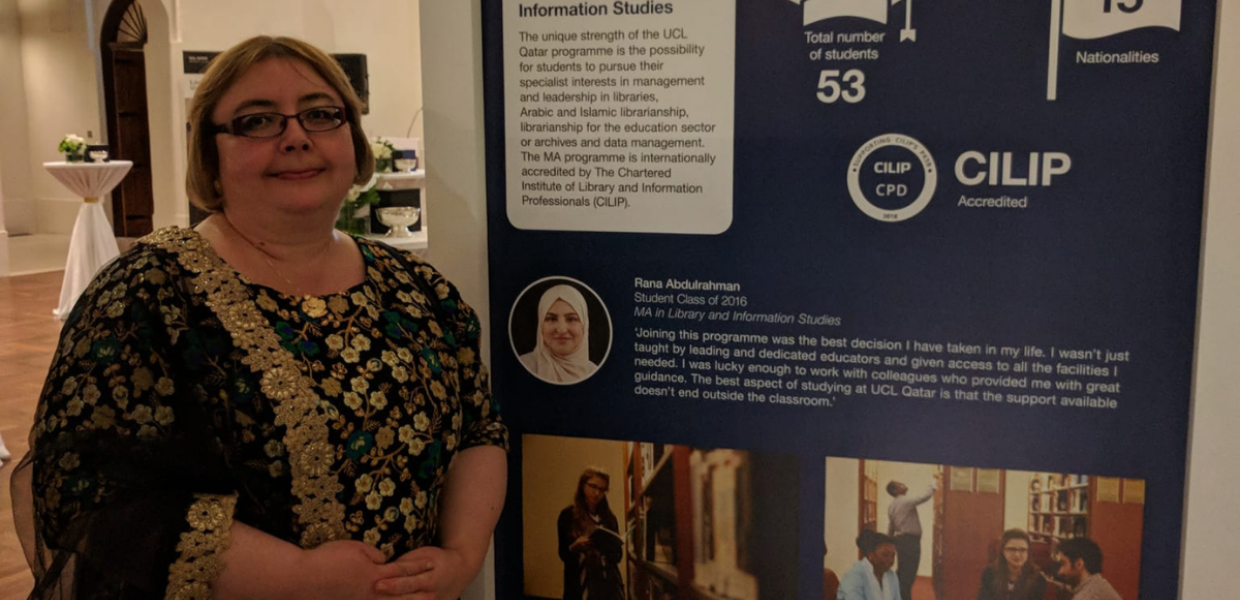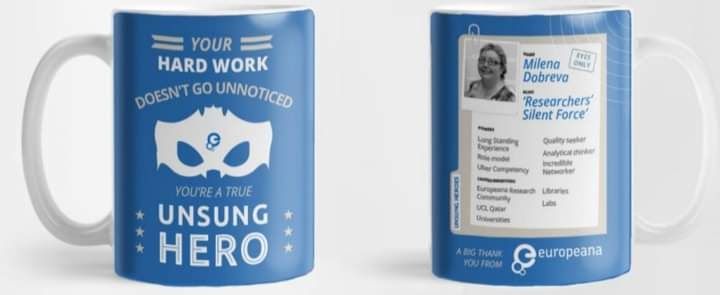How did you enter your profession?
This is quite a long story! In my teenage years I wanted to study piano, but there are many interesting coincidences in my life which somehow played the role of life direction-changing milestones. For example, my dad brought a Commodore 64 computer from a trip to the UK in the early 1980s. Programming was only part of the curricula of schools specialising in mathematics at that point, but I taught myself and my younger brother how to write programmes in BASIC, and my school thesis was on automated segmentation of Latin words.
From that point onwards, I was always curious how new technologies can support ‘doing’ with historical and cultural material. I did a MSc in Informatics, then joined the Institute of Mathematics and Informatics of the Bulgarian Academy of Sciences. I earned my PhD degree in Informatics (1999) with digital humanities research in Eastern Europe. I served as the founding head of the first Digitisation Centre in Bulgaria (2004), which collaborated with the National Library Ivan Vazov, the State Archives and other institutions from the heritage sectors. From 2008 - 2011 I worked at the University of Strathclyde in Glasgow, where I was a principal investigator in research projects in user experience and in digital preservation. From 2012 - 2017 I was a resident Associate Professor in the Media and Knowledge Science Faculty of the University of Malta, where I spearheaded an update and expansion of the portfolio of programmes in library, information, and archival science (LIAS). In addition, I brought the first EC-funded project to LIAS, Civic Epistemologies, which developed a roadmap for citizen science in digital heritage.
After these experiences in the far west of Europe, and then in the most southern part of it, I moved east. In 2017, I joined University College London in its campus in Doha, UCL Qatar, where I hosted a booksprint which produced the first guidebook in this domain,’Open a GLAM Lab’ in 2019. In October 2020, I moved back to Bulgaria.
What are you currently working on?
I am currently working on a reintegration grant supported by the Bulgarian National Science Fund in my home country, Bulgaria. I am based in the Faculty of Mathematics and Informatics of Sofia University St Kliment Ohridski, and my project (DISTILL) is exploring what can be disruptive in the GLAM sectors - what developments change the way these institutions function.
One concept I am investigating around this is heteromation. We all are familiar with crowdsourcing and citizen science, but they are just instances of heteromation. The term was coined by the cognitive scientist Bonnie Nardi as a comparison with the term automation. In automated environments the machines are doing part of the human work. The term heteromation captures those situations when humans are contributing to automated work in ways which may be hidden and uncompensated. In GLAM institutions, people who contribute with transcription, tagging and other activities which enrich digital content are not being paid but usually have a deep interest and participate on a voluntary basis. Such contributions generate value and there is more work to do in understanding the actual economic dimensions of such activities.
What are some of the challenges in your role? What are some of your favourite elements?
I always worked alongside colleagues from the GLAM sectors. It is very rewarding to identify how researchers can support development in this sector, but it also requires extensive communication and learning to understand each other’s professional languages, concerns and points of view. I particularly enjoy being a connector between the two communities, a role I played when a group of 16 international experts wrote the book ‘Open a GLAM Lab’. We followed the unconventional method of writing a book in a week in a process called a ‘booksprint’, supported by a company with the same name. This was one of the most challenging weeks in my life, but the book was a tremendous success and has been translated into Arabic, Bulgarian, Spanish and Russian.




